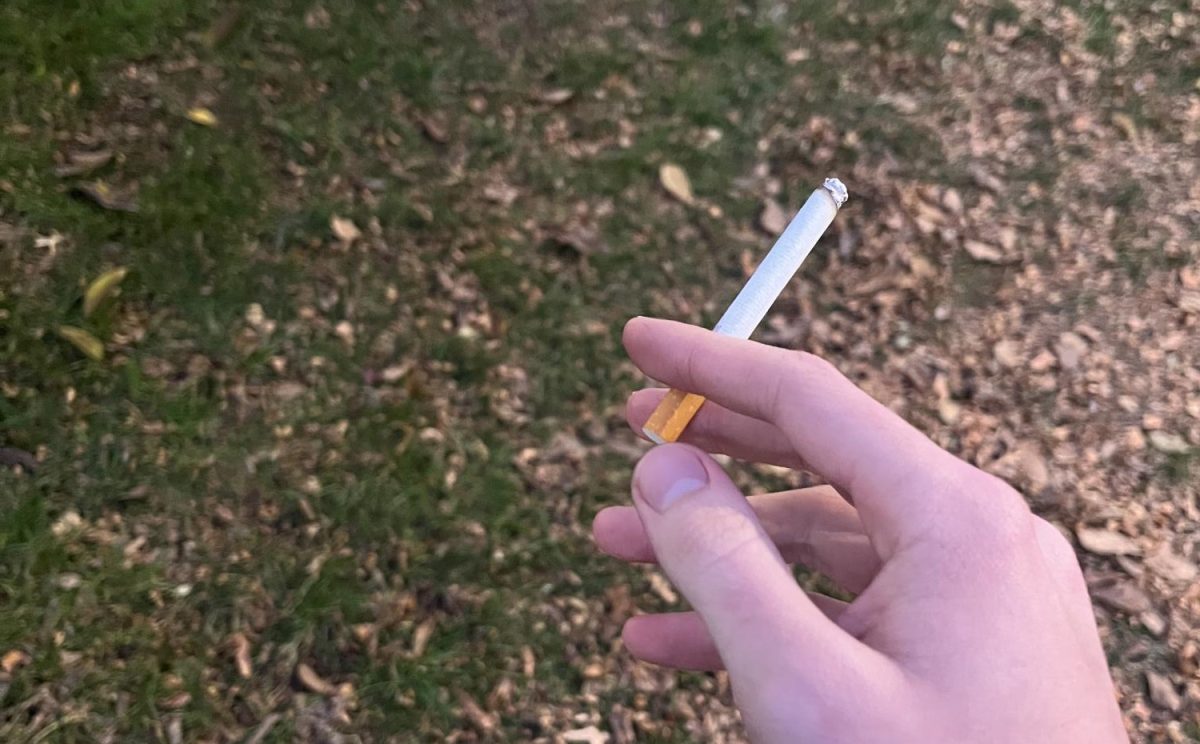While tensions are on the rise between China and the United States, the number of panda bears in the U.S. is being reduced to zero by the end of 2024.
In what was a breakthrough in China-U.S. relations back during the presidency of Richard Nixon, panda bears are leaving the Washington D.C. National Zoo and the Atlanta Zoo as the loan from China Wildlife Conservation Association ends.
But this is more than just a black-and-white issue, being more diplomatic and strategic than meets the eye. People, like Dennis Wilder of Georgetown University, coined the phrase describing this issue as “punitive panda diplomacy.” This means, China is using the ever-popular animals for zoos as bargaining chips amidst a back-and-forth between the two nations.
For example, the U.S. government has implemented sanctions of Chinese citizens and officials, as well as restrictions on computer parts that fund the Chinese economy. U.S. officials have also said that China-produced drugs, such as fentanyl, have popped up across America. Then we have the Chinese spy balloon debacle and the ever growing debate around TikTok being a spy device, and yeah, you could say tensions are pretty rough.
But in China, Americans aren’t really that popular either. A lot of the issue can be traced back to the death of panda bear LeLe, who was on loan to the zoo in Memphis, Tenn. LeLe died suddenly in February 2023 at the age of 24. For context, pandas generally live 15 to 20 years in the wild, while those in human care can live to be around 30. While it was debunked that LeLe was mistreated, the tensions between fierce supporters in China and the U.S. only grew worse by the day.
So now, China has decided to retaliate, much to the dismay of many zoo-goers, by taking back all the panda bears in the U.S.
Personally, I think it’s a cheap shot between two governments who have trouble communicating. For many kids, going to the zoo is a highly fun activity, as they get to see animals they’ve only dreamed of seeing in real life. For many, the panda bear is one of the most popular animals at the zoos, with movies and TV shows and stuffed animals always flying off the shelves.
Furthermore, I also think it’s a little weird that we’re treating animals as serious diplomats now. The whole purpose of having animals at zoos is to learn about them. When you go, you’re not there to learn about the diplomatic ties between two nations, you’re there to learn about the animals’ eating habits.
I think my specific grievance comes from the loaning process, which has been warped due to the tensions. The whole point of the loaning process was to definitively increase the number of pandas as well as raising significant funds for research that would benefit the conservation of wild pandas in China. However, the key problem of the process itself is the fact that the U.S. is only borrowing them, giving China permanent ownership of the beloved animals.
Essentially, the use of pandas as a diplomatic tool has created a mockery of the whole good nature of conservation, replacing it with an emphasis on politics rather than the actual well-being of the animals.
But someone that suffers even more than brokenhearted American kids at the zoo? Wild pandas.
As a result, all the wild pandas are now losing conservation funding as well. The U.S. loan money funded annual fees ranging from $1 million to $2 million per pair, plus mandatory costs to build and maintain facilities to house the animals. When a baby panda is born, it can be leased for an additional fee as well.
So now, all this money is essentially disappearing, and pandas in the wild dwindle day by day as well. While the number of pandas have reportedly started to increase, mostly thanks to conservation efforts, as Chinese officials announced in 2021 that they had moved from endangered to vulnerable, pandas are not out of the clear yet in terms of population. The latest population count puts them at 1,864, but even then it is hard to know for sure if that number is completely accurate.
One can only hope something can be worked out in the future, and pandas will grace the enclosures of American zoos yet again. If and when the next loan occurs, we need to treat the pandas as animals, and not diplomats.








































































































































































































Michael Bimonte • Oct 11, 2023 at 10:59 am
This informative piece seems worthy of being posted in every ZOO both here and abroad. Perhaps in Public School libraries as well. I can imagine how the youngest of elementary school children would be find the PANDA struggle for survival breathtaking. Teachers, let them hear you read this!